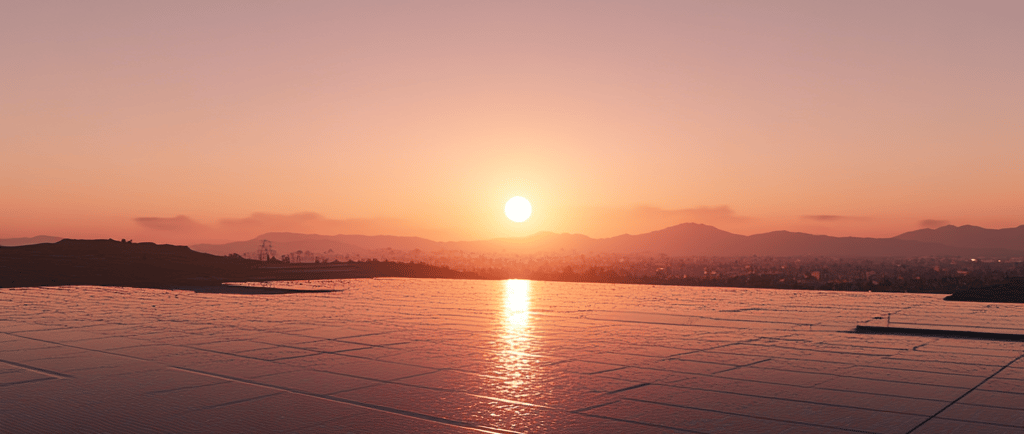Installation Tips and Guides:
Planning a solar panel installation? Our step-by-step guides, checklists, and tips will help you navigate the process with ease, ensuring a smooth transition to solar power.


1. Review of Legal Regulations
Permits: In Luxembourg, solar installations on roofs above a certain size require a permit. It is essential to consult with the local municipality beforehand to check whether a building permit is necessary.
Building Regulations: Even if no permit is required, certain building codes and safety standards must be adhered to. This includes the proper installation of solar panels, avoiding shading, and ensuring correct module orientation.
2. Choosing the Right Installation Company
Certified Professionals: It is advisable to hire a certified installer for solar system installations. These companies are familiar with local regulations and can ensure that the installation is done correctly and efficiently.
Comparing Offers: Obtain multiple quotes and compare not only the prices but also the services, warranties, and the quality of materials used.
3. Costs and Subsidies
Subsidy Programs: The Luxembourg government offers various subsidy programs and grants for solar system installations. These can cover a significant portion of the installation costs. Be sure to check the current subsidies on official websites or with your installer.
Tax Benefits: In Luxembourg, solar panel owners can benefit from tax reductions. Make sure to inform yourself about the available tax incentives and advantages.
4. Optimal Placement of Solar Panels
Orientation: Solar panels should ideally face south to capture maximum sunlight. A tilt of about 30 to 40 degrees is recommended for most roofs.
Avoiding Shadows: Shadows on the panels, such as those caused by trees or other buildings, can significantly reduce efficiency. Inspect the surroundings of your installation area to identify potential shading sources and remove them if possible.
5. Size and Capacity of the System
Determine Need: The size of the solar system should match your annual electricity consumption. A too-small system may not generate enough energy, while a too-large system could lead to higher initial costs.
Battery Storage: In many cases, investing in a battery storage system is worthwhile, especially if you want to benefit from solar energy during the night or on cloudy days.
6. Maintenance and Upkeep
Regular Inspections: Solar systems require regular maintenance to ensure their efficiency. Check the panels annually for dirt, dust, or damage.
Panel Cleaning: In Luxembourg, where snow and rain occur regularly, it's important to clean the panels from time to time. Avoid using harsh cleaning agents or tools that could damage the panel surfaces.
7. Step-by-Step Guide to Installation
Preparation: Ensure that the roof structure can support the weight of the solar panels. A structural engineer should verify this if there is any doubt.
Mounting: Begin by installing the mounting frame that will securely fix the panels to the roof. Ensure all screws and fixtures are tightly fastened.
Electrical Connection: Connect the solar panels to the inverter, which converts direct current (DC) into alternating current (AC). The inverter should be installed in a well-ventilated area.
Connection to the Power Grid: The final step is to connect the system to the grid if you plan to feed excess energy into it. Grid connection requires additional permits and agreements with the utility company.
8. Additional Tips
Monitoring System: Installing a monitoring system allows you to track the performance of your solar system in real-time and identify any issues early.
Winter Preparation: Ensure that your solar panels are prepared for winter, especially if you live in an area with heavy snowfall. Regularly remove snow from the panels to prevent damage and efficiency losses.
These installation tips and guidelines provide you with a practical introduction to installing solar systems in Luxembourg. It’s crucial to gather detailed information and consult the right experts to ensure that your solar system operates efficiently and cost-effectively.
